

Home > Category > Blood Disorder Test > Blood Disorder Test in Jodhpur
Showing 1 - 15 of 68
Blood disorder tests are diagnostic tools used to evaluate the components of your blood, such as red blood cells, white blood cells, and platelets. These tests provide valuable insights into your overall health and can help identify any abnormalities or deficiencies in your blood composition.
Blood disorder tests can detect issues like anemia, hemophilia, and leukemia by analyzing different components of the blood. This includes red blood cells, white blood cells, platelets, and clotting factors.
The process usually involves a simple blood draw, where a sample is taken for analysis in a lab setting. Results can provide valuable insights into your overall health and help guide treatment options if any issues are detected.
Understanding the purpose and significance of these tests can give you peace of mind knowing that your healthcare team has access to crucial information about your well-being.
A blood disorder test in Jodhpur is prescribed when a healthcare provider suspects an underlying issue with the composition or functioning of your blood. These tests help identify conditions such as anemia, clotting disorders, or abnormal platelet counts.
If you experience symptoms like unexplained bruising, fatigue, frequent infections, or excessive bleeding, your doctor may recommend a blood disorder test to pinpoint the root cause.
Additionally, individuals with a family history of certain blood disorders may be advised to undergo regular testing for early detection and timely management.
It's essential to note that these tests are tailored to each individual’s unique medical history and symptoms. Your healthcare provider will determine the specific type of blood disorder test based on your health concerns and risk factors.
After undergoing a blood disorder test in Jodhpur, the time required for receiving the report can vary depending on the specific tests conducted. Generally, most results are available within a few days to a week. However, in urgent cases where immediate action is needed, certain preliminary results may be communicated sooner.
Upon obtaining the report for blood disorder test in Jodhpur, it is crucial to consult with your healthcare provider for a detailed analysis and interpretation of the results. Based on the findings, further diagnostic procedures or treatment plans may be recommended as necessary.
Remember that early detection and diagnosis play a critical role in managing blood disorders effectively. By staying informed about your health status through regular screenings and tests, you can take proactive steps towards maintaining optimal well-being.
The three most common blood disorders are anaemia, haemophilia, and thrombocytopenia. A medical practitioner may suggest blood tests to detect any of these blood disorders.
One common test is the Complete Blood Count (CBC), which measures different components in the blood like red and white blood cells, haemoglobin, and platelets. Abnormal levels detected in a CBC may indicate potential issues such as anaemia or infections.
There are different symptoms related to different blood disorders. For instance, fatigue, weakness, and shortness of breath are symptoms related to decreased blood cells and haemoglobin levels. A decrease in white blood cells has symptoms like fever and infection. Unusual bleeding and bruising may indicate decreased platelets.
Type 7 blood disorder, also known as congenital dyserythropoietic anaemia type II (CDAII), is a rare genetic condition that affects the production of red blood cells in the bone marrow. This disorder is characterised by abnormalities in the maturation of the red blood cells.
Some blood disorders like anaemia or clotting disorders may not always be considered serious if managed properly with medication or lifestyle changes. However, more complex conditions such as leukaemia or haemophilia can pose significant health risks and require immediate medical attention.
One should consult a medical practitioner for blood disorder treatment. They suggest proper course of treatment, lifestyle changes, and medication for proper health recovery.
Certain blood disorders can be managed with proper treatment and lifestyle changes. One should consult a doctor to know the progress of the treatment and the necessary steps to manage the condition.

Imagine living in a world where even a minor bump could lead to excessive ble...Read More

Thalassemia is an inherited blood disorder characterised by impaired synthesi...Read More
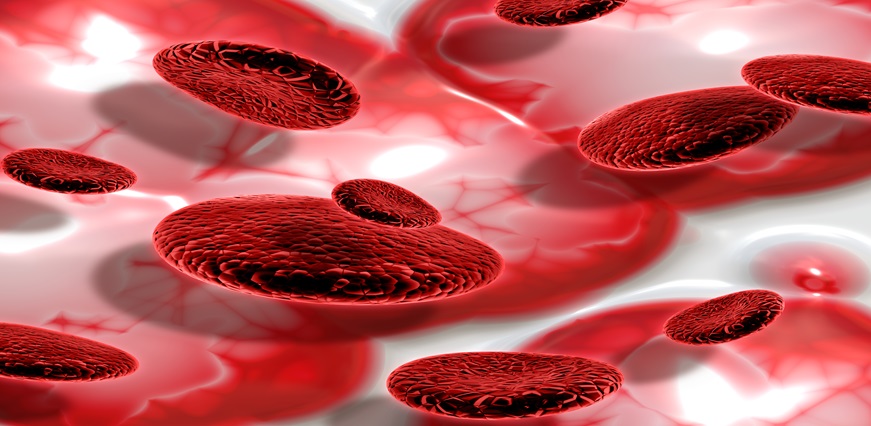
Iron is one of the most essential nutrients that are required by human beings...Read More

Triglycerides, also termed lipids, are a form of fat that ci...Read More

Blood is one of the most important bodily fluids in human beings, as it conta...Read More

Bacterial infections can be a pain to deal with, and sometimes waiting for me...Read More

Are you feeling unwell and unsure of the cause? A torch test may be what you ...Read More

Are you scheduled for an APTT test and wondering what it entails? The activat...Read More

Have you ever heard of an ANA test? It's a simple blood test that can hel...Read More

Do you experience persistent fatigue, inflammation, or joint pain? If so, an ...Read More

Are you feeling anxious about your blood clotting risk? Do you have a family ...Read More

If you or a loved one has recently been diagnosed with this rare form of bloo...Read More
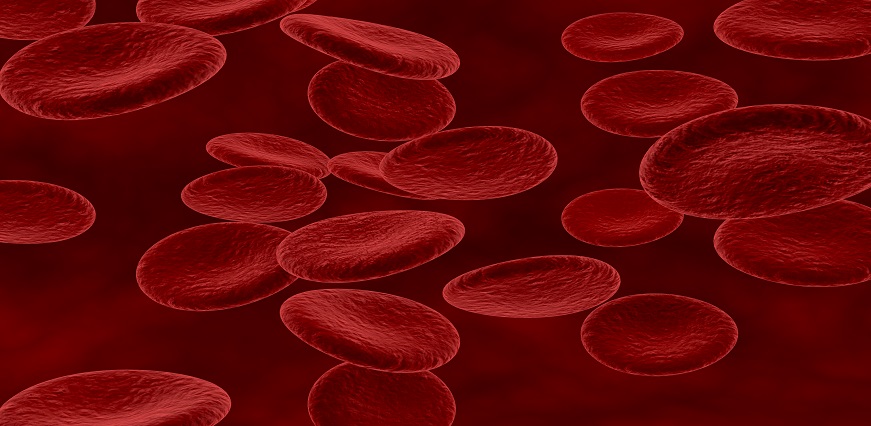
Are you constantly feelin...Read More
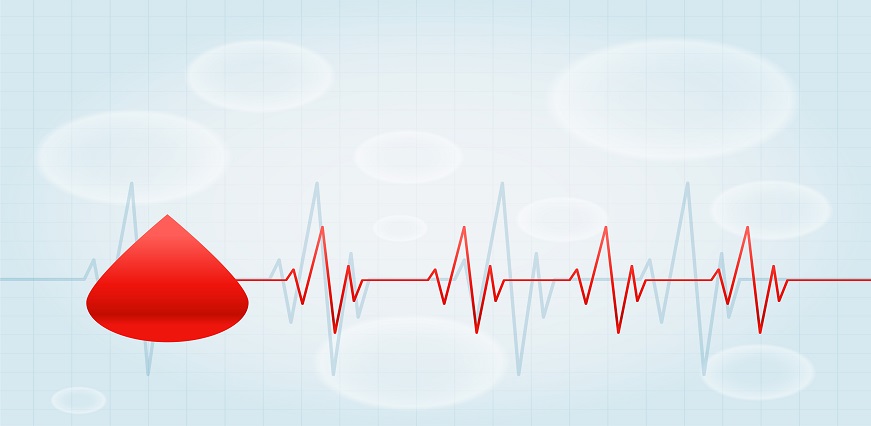
We all know the importance of maintaining good health, and good circulation i...Read More

Low hemoglobin levels are a common problem that affects many people. Hemoglob...Read More

The elimination of waste products, toxins, and excessive water from the body ...Read More

A blood clot in the brain is a serious condition, which can be either traumat...Read More

Bone marrow transplants, or bone marrow transfusions, are procedures that off...Read More

Iron deficiency anemia is a blood disorder that occurs when there is not enou...Read More
When the skin is punctured or injured, one starts bleeding, and before too mu...Read More
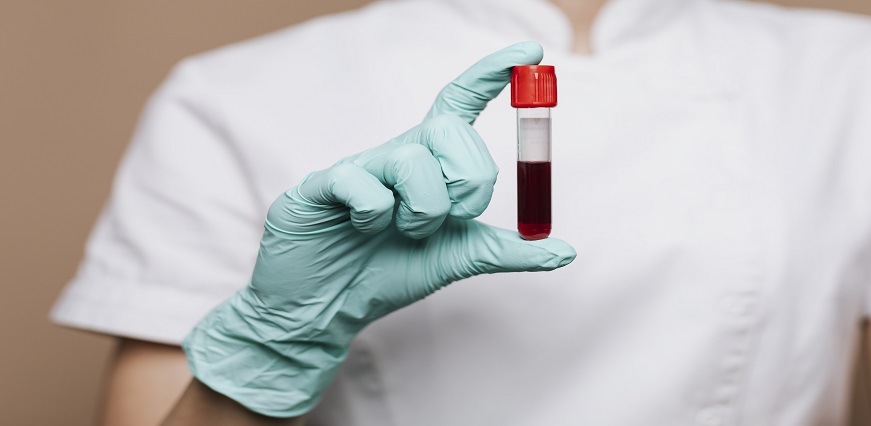
Blood infection may occur in an individual’s body when there is a prese...Read More
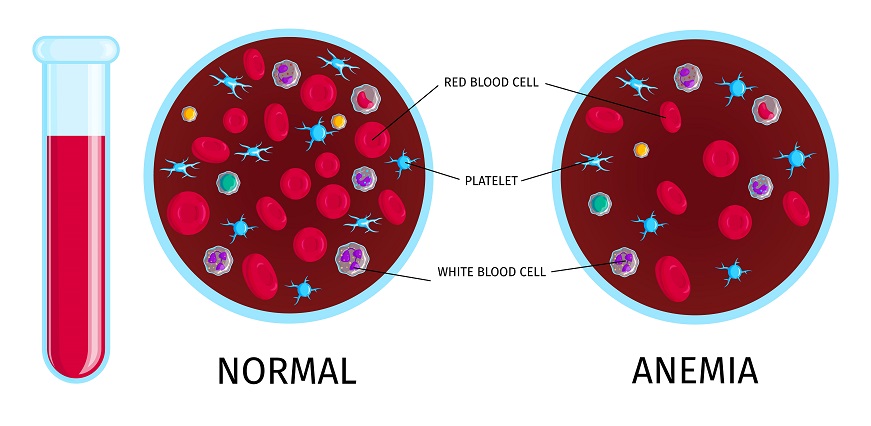
Every part of the body needs adequate amount of oxygen to function effectivel...Read More